Note: Yale School of the Environment (YSE) was formerly known as the Yale School of Forestry & Environmental Studies (F&ES). News articles and events posted prior to July 1, 2020 refer to the School's name at that time.
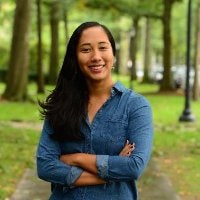
“As a Yale COP Fellow, I will provide support to GLISPA and it's partner organizations and island countries in carrying out these events. Specifically, I will be assisting GLISPA with a side event on Ecosystem Based Adaptation (EbA) on islands. EbA is one important intersection of climate adaptation and biodiversity conservation. She will also help showcase promising and scalable island solutions (“bright spots”) at the COP to share successful implementation examples. The hope is that side events serve as knowledge sharing platforms and catalysts for political commitments to investments in island resilience and climate change adaptation projects.”
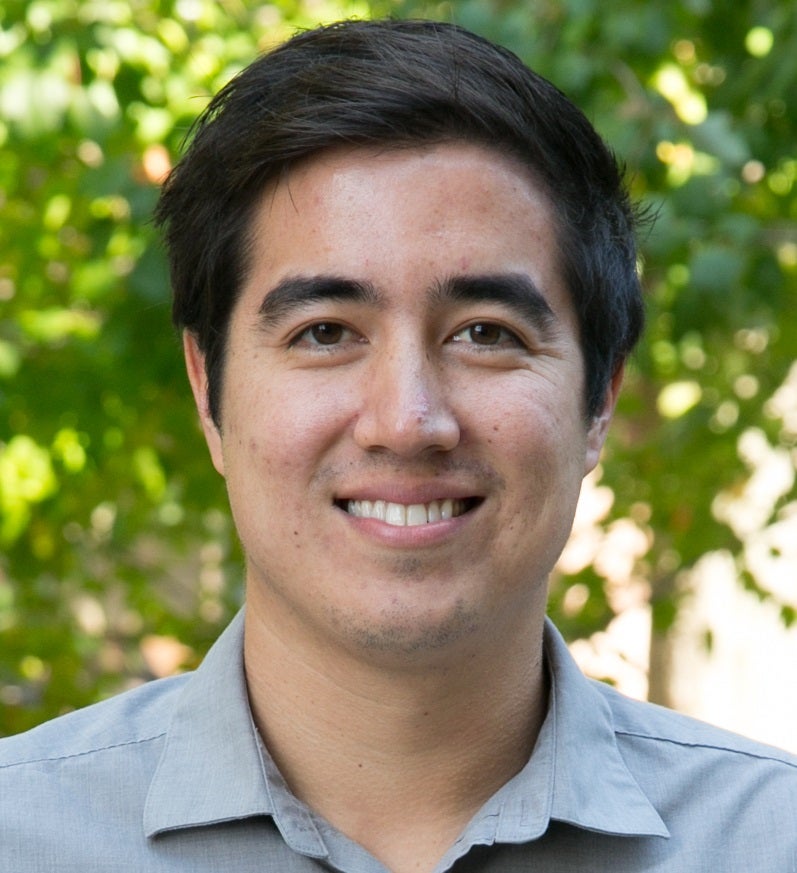
“I will be attending COP21 as a delegate of the Republic of Palau, a small island nation in the western Pacific. Similarly to many other small island states, climate change poses an acute and imminent existential threat to Palau. I will be assisting Palau’s delegation by providing needed support at negotiations and working behind-the-scenes to bolster their capacity. I will also be engaging and gathering information around the Workstream 2 process, which seeks to identify opportunities to increase pre-2020 ambition in climate change mitigation. With the assistance of Islands First, a New-York based nongovernmental organization, I am preparing a Workstream 2 submission on carbon pricing design through Yale's Environmental Protection Clinic.
“My hope is that my role in these talks will help to amplify the needs of populations most vulnerable to climate change and most in need of swift and ambitious action. I also hope to broaden my knowledge of post-Paris carbon pricing options for achieving climate targets, especially in developing countries and those with limited administrative and monitoring capacity.”
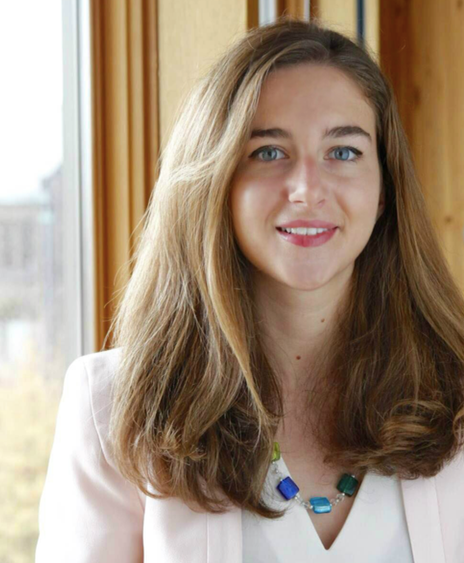
“At COP21, I will be the youngest member representing the official delegation of the Republic of Macedonia. With fluency in five languages, including Macedonian, English, and French, I expect to play a key intermediary and interpretable role in supporting her country to reach an agreement on their emission targets, as well as secure the appropriate financial support for the national agenda.
“I am particularly looking forward to working to integrate the newly adopted SDGs into Macedonia’s agricultural sector.”
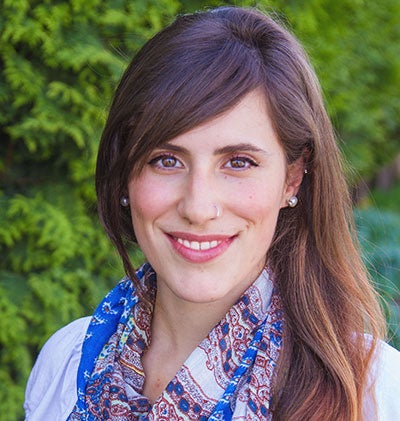
“As an association, IFSA advocates for forestry education. It acts as a platform for students to engage in international processes, most recently linked to the post-2015 development agenda, such as the United Nations Forum on Forests. IFSA will engage in COP21 as a civil society observer organization, compiling relevant information and sharing it through its network as the negotiations develop.
IFSA will also have a strong presence at the Global Landscapes Forum, the largest and most influential side event at COP, and together with other youth groups, IFSA will also participate in the Conference of Youth (COY) to join 5,000 other young people in building momentum towards achieving a legally binding and universal agreement on climate change.”
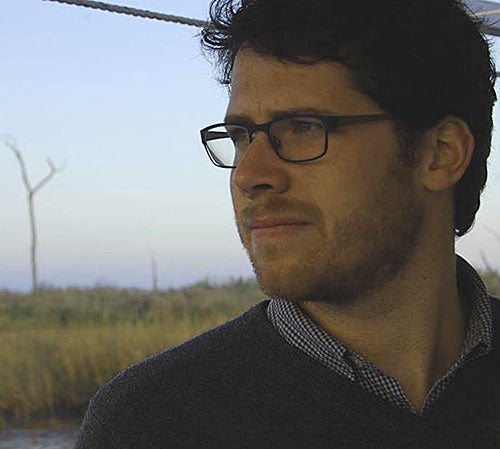
“I am working with the Pacific Coast Collaborative and NextGen Climate America to organize events, educate world leaders and publicize the climate leadership of California, Oregon, Washington and British Columbia. Specifically, my efforts are centered around two themes: galvanizing West Coast leadership and publicizing the business case for the clean energy investments. NextGen and the PCC will be hosting events featuring state, municipal and business leaders from the West Coast talking about the efforts and policies that are reducing emissions and growing the economy across the region.
“Other events showcase regional leadership by businesses and government leaders. By featuring local leaders on the international stage, we hope to grow the ranks of cities and businesses making climate commitments, and rising the profile of regional leadership — highlighting the call for action in Paris as well as our home communities up and down the West Coast.
“I hope our efforts in Paris help demonstrate to the world that the US is stepping up to lead on climate change, and further emboldens business and elected leaders to continue the fight back home.”
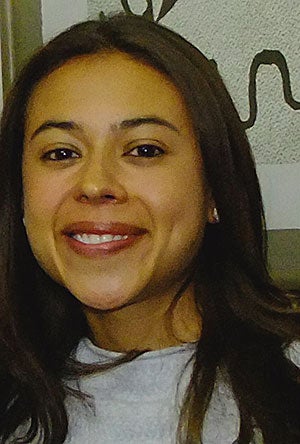
“I hope that the Colombian delegation work contributes to a successful global agreement that includes the needs of developing countries, in particular of countries that are most vulnerable to climate change. And I hope that these agreements translate into concrete actions very soon, because we are running out of time.”

“I hope to be able to contribute to include the perspectives of countries like Colombia — with low CO2 emissions but a high vulnerability to climate change — in the final agreements. Additionally, and more generally, to help, if only slightly, reach agreements that allow us to move towards a more sustainable world.”
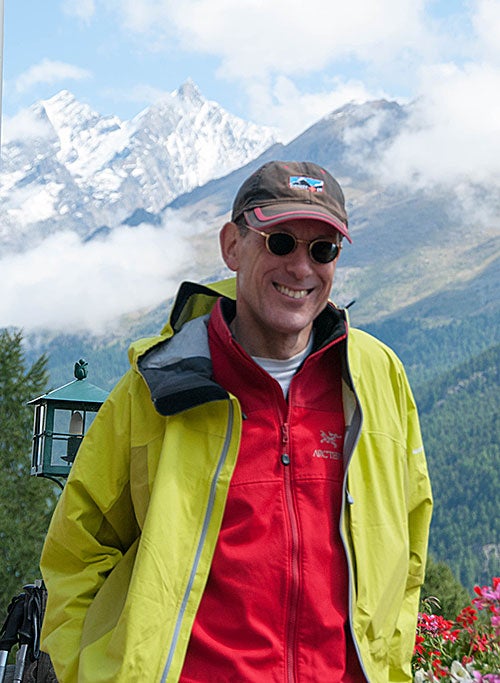
“So how is the world doing against these targets? Not even close. Climate Policy Initiative estimated 2013 global climate finance flows at US $331 billion, down US $28 billion from 2012. Around 40 percent of this was public and donor capital – grants, concessional loans and guarantees, etc. Can we expect public and donor capital to increase by the amount needed to maintain a 40 percent share of the much larger total annual spending that the World Economic Forum and International Energy Agency project is needed — a public/donor share that would be something in the range of $300-500 billion? The evidence to date — from the weak initial funding commitments for the Green Climate Fund, to the lack of progress against the goal of the Copenhagen Accord to mobilize US $100 billion annually by 2020 to address the mitigation and adaptation needs of developing countries — suggests not.
“The Yale Climate Change Dialogue (YCCD), of which I have been a part, advocates in its white paper that policy needs to be directed toward generating the required investment capital from the private sector, and that limited public and donor capital should be used to seed and leverage private sector investment. This policy approach has become an important contender in the negotiations leading up to, and which will take place at, COP 21 on the subject of climate finance. At COP 21, I will continue to support the activities of the YCCD in its continued advocacy of this policy approach.”
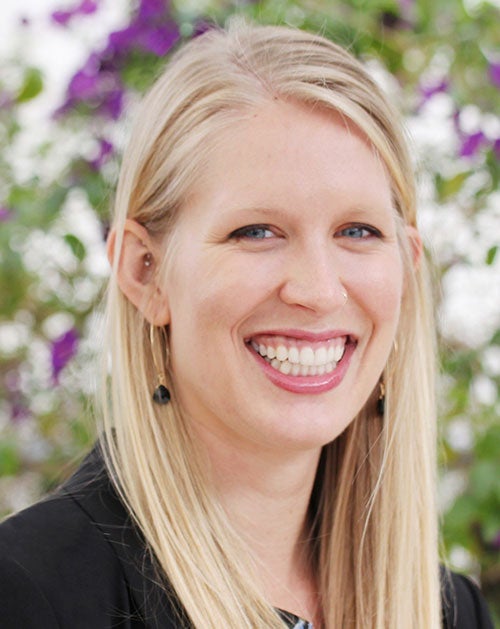
“I am working with Yale's Environmental Performance Index (EPI), which ranks countries’ performances on environmental issues and policies. I’m also collaborating with urban city networks, including National League of City and Climate Disclosure Project, who are organizing mayors to engage with COP21, including the 12 U.S. cities that are the focus of my research.
“My analysis of urban land-use planning in Climate Action Plans will shed light on the ways that cities are addressing urban form; the way a city is built impacts whether people drive or take public transportation, where they shop, what type of community forms. The talks at COP21 are about preparing the global community for a new way of living — one with reduced fossil fuel use — and studying the way our cities are built will help drive changes toward more sustainable and climate resilient urban areas. In producing a synthesis paper and suggestions for city planners to engage with at COP, I hope to show how climate planning and urban form are related, help facilitate an important dialogue, and build global solutions that can be implemented at the local level.”
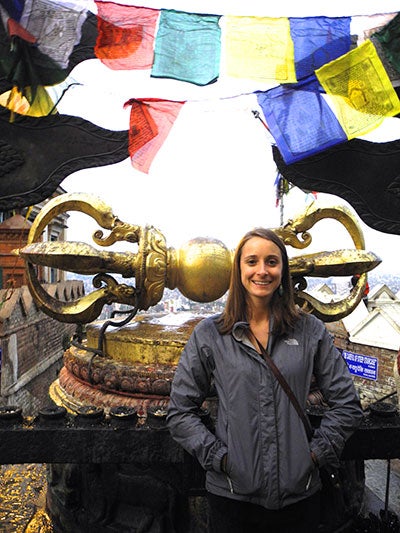
“Ben and I are coming to COP21 on behalf of YHI. We are exploring opportunities to present at side events with NGO’s working on climate change resilience and disaster risk reduction in developing countries.
“I hope that our time at COP will add context and relevance to our study, and form part of our gap analysis. I hope our participation will help to move the resilience conversation from the theoretical realm to a discussion of the concrete ways to apply and measure it in climate change programming, particularly in resource-limited developing countries.”
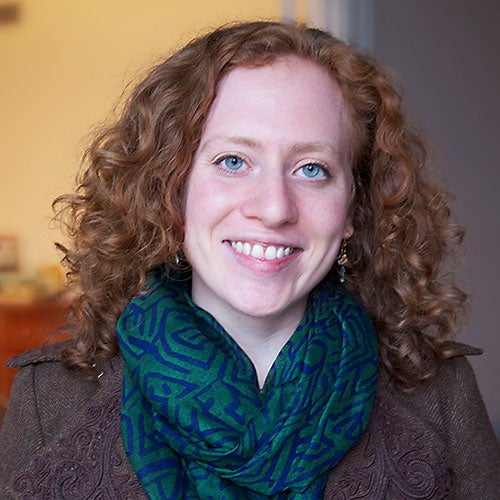
“I am working with the Yale Climate Change Dialogue (YCCD) which seeks to raise the ambition of the international climate change negotiations by linking the real progress being made by cities, regions, and businesses to the international process. The YCCD works with climate change policy leaders from around the world to advance legal, financial, and metrics-based solutions to facilitate this linkage. The YCCD has partnered with the City of Paris to support its Summit of Local Leaders.
“Hopefully, this work will help support a successful Summit of Local Leaders which will highlight local leaders’ significant action on climate change and provide a venue for local leaders to endorse the goals of the international 2015 Paris Agreement. Local leaders’ support can galvanize greater ambition and capacity in international climate change goals and foster more effective global implementation of climate change solutions over the coming years.”
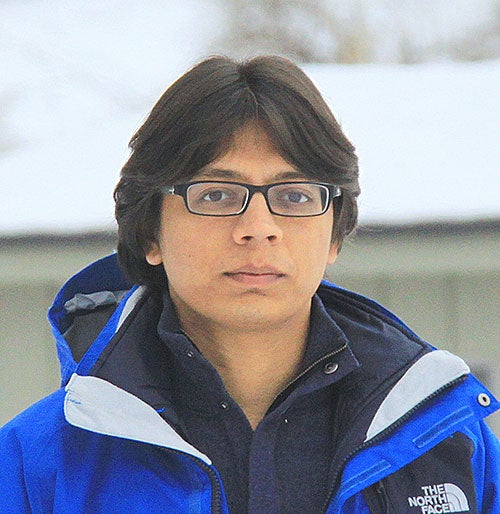
“I will be participating in the COP-21 climate negotiations at Paris as a ‘Country Delegate’ under Ministry of State, Republic of Palau. I will be associated with the ‘Climate Finance Negotiating Team’ of Alliance of Small Island Nations (AOSIS) and directly participate in the COP-21 negotiations at Paris.
“Finance is the most critical factor for the climate treaty to achieve substantial results to address global climate change. Every participating country has recognized that only public funds would not be sufficient to address global climate change.”
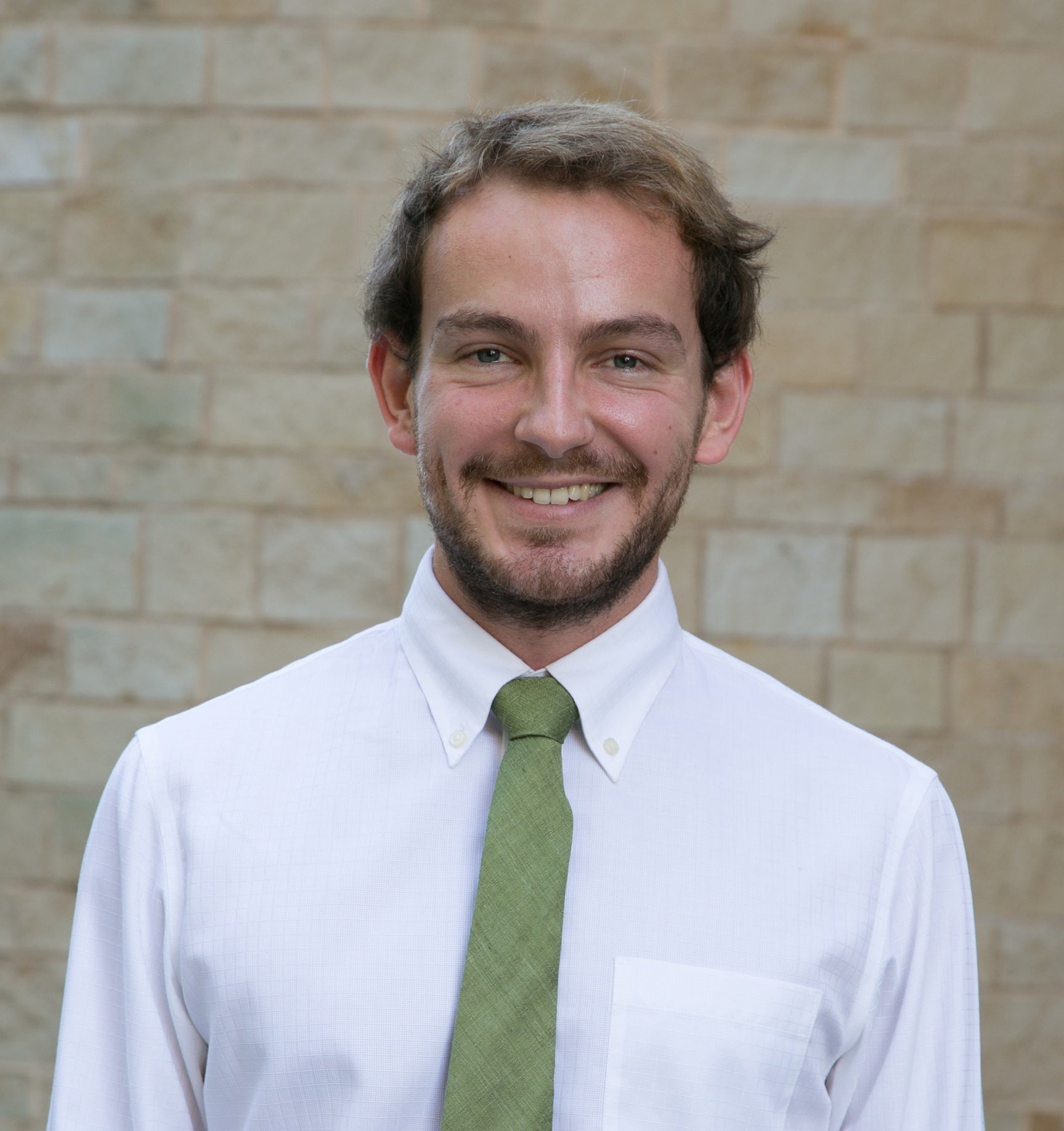
“Specifically, I will be assisting GLISPA with a side event on Ecosystem Based Adaptation (EbA) on islands. EbA is one important intersection of climate adaptation and biodiversity conservation. I will also help showcase promising and scalable island solutions (Bright Spots) at the COP to share successful implementation examples.”
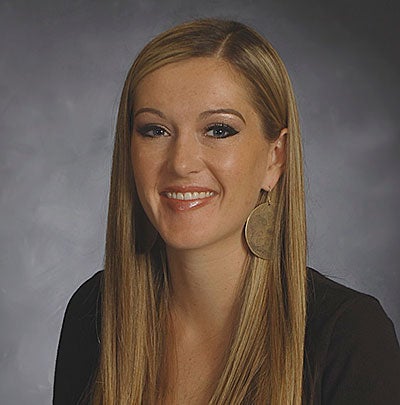
“Our team at Tropical Forest Group is launching an environmental democracy platform at the domain ParisAgreement.org. There is no other source at COP21 focused specifically on the forthcoming Paris Agreement itself, looking only at the negotiations, the text, and Party stances. We're shooting to fill this gap, with the goal of being non-partisan, reporter-friendly and oriented towards progress at the talks.
“The Paris Agreement media platform will focus exclusively on the talks, the text and the status of decisions. Paris Agreement.org has an annotated version of the Paris Agreement text - describing which parties support which pieces of text and the details of various proposals - and this will be updated throughout the negotiations as new drafts of the Paris Agreement emerge.
“The Genius platform we have built for users to view and contribute to an annotated version of the draft Paris Agreement as it evolves is completely unique. When the new edited draft text is made public we will upload annotations identifying which Party has made each suggestion in the text. This will allow observers to better navigate the 1,622+ brackets and 228 options currently in the draft Paris Agreement. The site also has a curated twitter feed that is tailored to be reporter-friendly by categorizing tweets into topics (e.g. climate finance, MRV, capacity) and marks the direction of progress at the negotiations (e.g., roadblocks, breakthroughs, momentum, etc). Important as it may be, we will not cover any issue unless it is directly pertinent to the fate of the Paris Agreement.”
![PG 5 Ruth Metzel[1]](/sites/default/files/content/images/3591/PG-5-Ruth-Metzel1.jpg)
“It is a great honor to be able to work with the Panamanian delegation to move towards action on important measures needed for the conservation and responsible use of tropical forests.”
“In particular, the workshop will focus on the opportunities and challenges for supporting, enhancing, and coordinating the contributions of regional governments, cities, corporations, and communities in climate mitigation and adaption across-multiple levels of governance.
“Anticipated outcomes of the workshop include the development of an innovative research and policy agenda focusing on multi-level climate governance in the wake of the outcome to be reached by the UNFCCC COP in Paris as well as the identification of opportunities for collaborative projects seeking to study and improve the design, implementation, and coordination of bottom-up solutions to climate change. I will help with facilitation, organization, and writing up of findings.”